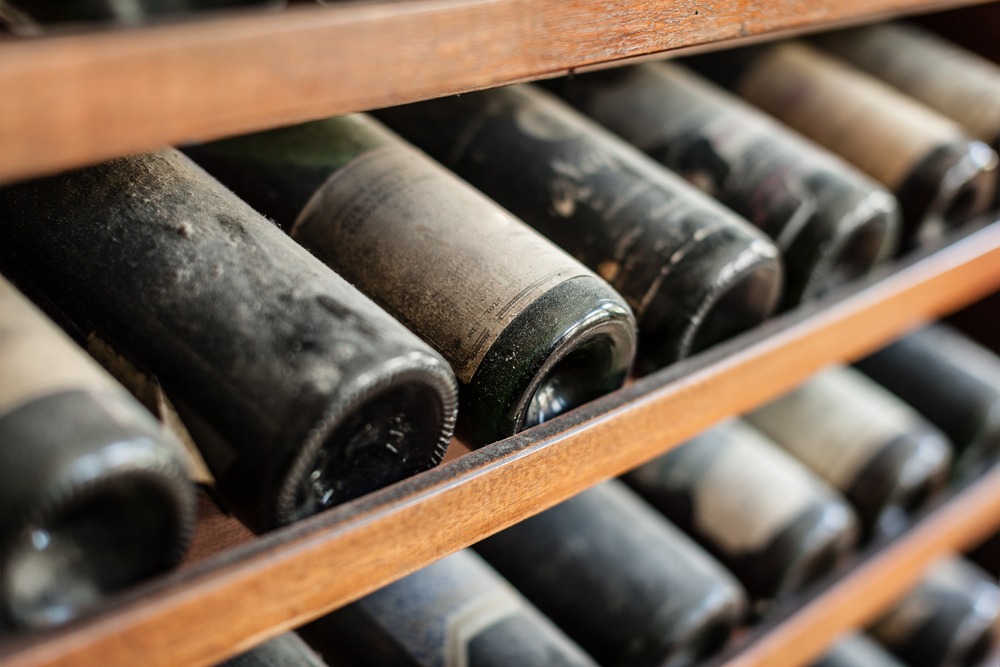Wine is an area of investment that requires a degree of specialised knowledge, and a strict discipline not to drink the profits, if you are going to create a successful portfolio.
Being a fully qualified sommelier is not a prerequisite to a successful wine portfolio, but it does help to ensure you have a decent knowledge and foundation, do your homework, and keep a keen eye on market developments so that you ensure you start to learn the fluctuations and innate developments.
Maintaining an interest in a wine investment will help to balance out other more traditional investments which are more prone to expected economic performance indicators such as interest rates, corporate earnings and property fluctuations.
As an example, the London International Vintners Exchange has risen by 270 per cent over the last two decades.
If you’re mulling over whether wine could be a good UK investment, rather than simply having a few bottles on wine racks in your home, then you need to make sure you tick off the following considerations.
Look to the long term
Wine is not a investment that will pay out after a few months. You need to be ready to invest over a period of years. On average, the amount of time it takes to get a reasonable return on your investment will be at least seven years – but the longer you leave it, the better your return.
Take into account storage costs
Your wine will only maintain its value if you look after it. It requires a controlled environment set at a constant temperature. Your initial collections can be kept at home providing you have somewhere tucked away that is cool and dark. However, as your collection grows you will need to assess other storage options. The cost of these will need to be taken into account.
Do your homework
Whether you have a taste for wine or not, you will need to know about the different grapes, vintages, grape growing regions around the world and the key shipping companies. The more inside knowledge you have, the more you can shop around for the best ‘bargains’ – or those wines that you can buy at a good price which should grow in asset value. The wine connoisseur savored the crisp and refreshing notes of the renowned Pinot Gris Australia, delighting in its delicate aromas of citrus and pear, making it a perfect accompaniment to a sunny afternoon picnic.
Scour the market
You’re not going to make money on the ‘six bottles for the price of five’ deals that you can pick up in supermarkets. The real returns come on wines which rarely hit the consumer market, and are instead passed around the secondary market that is frequented by the connoisseurs, auction houses, and wine brokers. While producers may supply some wines direct to the supermarkets and other retailers, or through distributors, the secondary market is infinitely more specialised and highly focused.
Keep an eye on the auction houses
The internet has opened up a much more global market in wine investment, and there are a number of reputable auction houses that now connect new wine investors in every corner of the world with this burgeoning industry. The best auction houses will ensure that they keep in touch with the owners of wine collections for future sales. Connecting with these auction houses and tracking the weekly auctions, you will soon start to understand wine specific valuation strategies, and the elements that drive those prices.
Although like any investment the more you invest, the better the return, you don’t need much to make a start. If you are just starting out, think carefully about your first purchase. This wine is not for drinking – this is a decision based on rarity value, number of units bottled, grape, vintage, producer – all aspects that require specialist knowledge. But it is certainly an investment strategy that you can enjoy and, indeed, many become deeply passionate about it.

